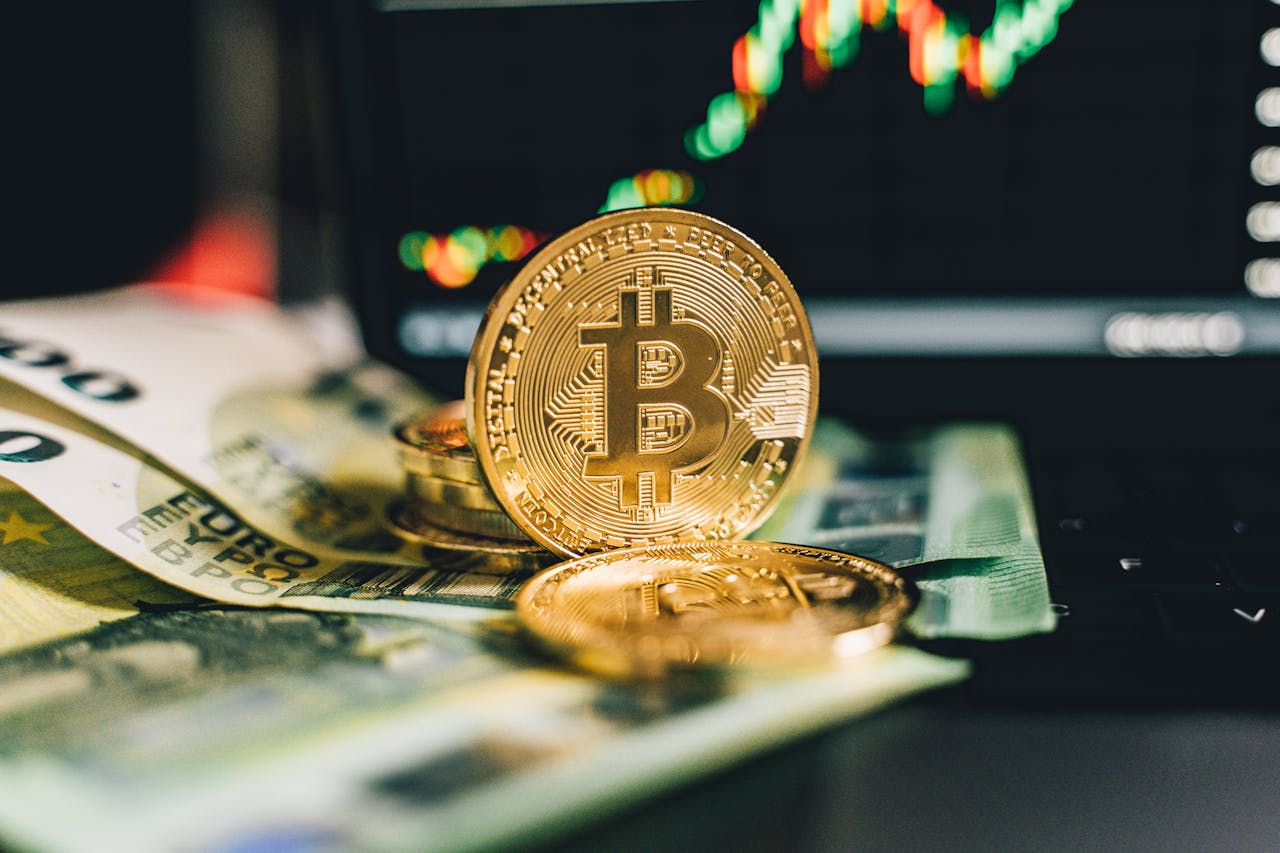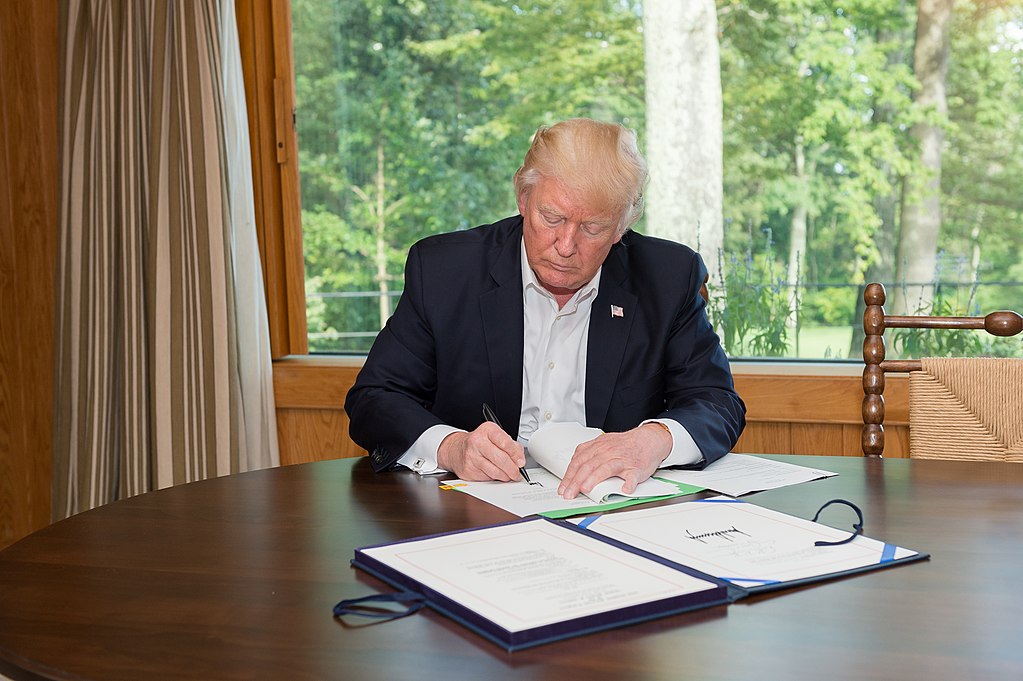The authorities overseeing Hong Kong's securities and futures trading have finalized new regulations that will allow retail investors to trade digital currencies, the city's regulators announced on Tuesday. This decision marks a significant step in Hong Kong's quest to become a leading center for digital asset transactions.
Unveiled during a February consultation, the new regulations will permit licensed digital asset exchanges to offer retail investors the opportunity to trade cryptocurrencies with significant market capitalization and liquidity, such as bitcoin and ether.
Starting June 1, digital asset platforms can begin the application process to secure a trading license. However, the regulators sternly warned that platforms choosing not to apply for a license should begin planning for an organized shutdown of their operations within the city.
During a media event on Tuesday, the regulatory body mentioned that it has not yet approved any retail cryptocurrency trading platforms. However, it anticipates that licensed companies will be able to begin servicing retail traders during the latter part of this year.
In a move aimed at protecting consumers, Hong Kong's regulators will make it illegal from next month to advertise unlicensed digital currency exchanges. This law also applies to influencers who promote such platforms. They also noted that individuals who use deceitful or negligent methods to encourage others to acquire digital assets would be in breach of the law.
Hong Kong's latest digital currency regulations arrive as the city strives to become a leading player in the emerging Web3 arena, even as other nations express growing concerns about digital assets.
While allowing retail investors access to the unpredictable world of digital currencies, city officials have assured that they will put robust safeguards in place to avoid major industry setbacks, such as last November's FTX bankruptcy.
The city's regulators expect licensed digital asset platforms to adhere to comprehensive standards, including secure asset storage, client asset separation, conflict of interest avoidance, and strong cybersecurity measures. Exchanges will be required to comprehensively evaluate an investor's understanding of digital asset risks, their risk tolerance, and set up appropriate investment boundaries.






























Comment 0